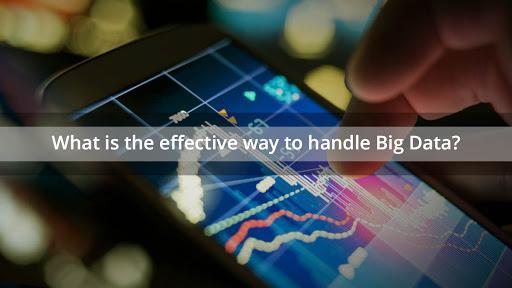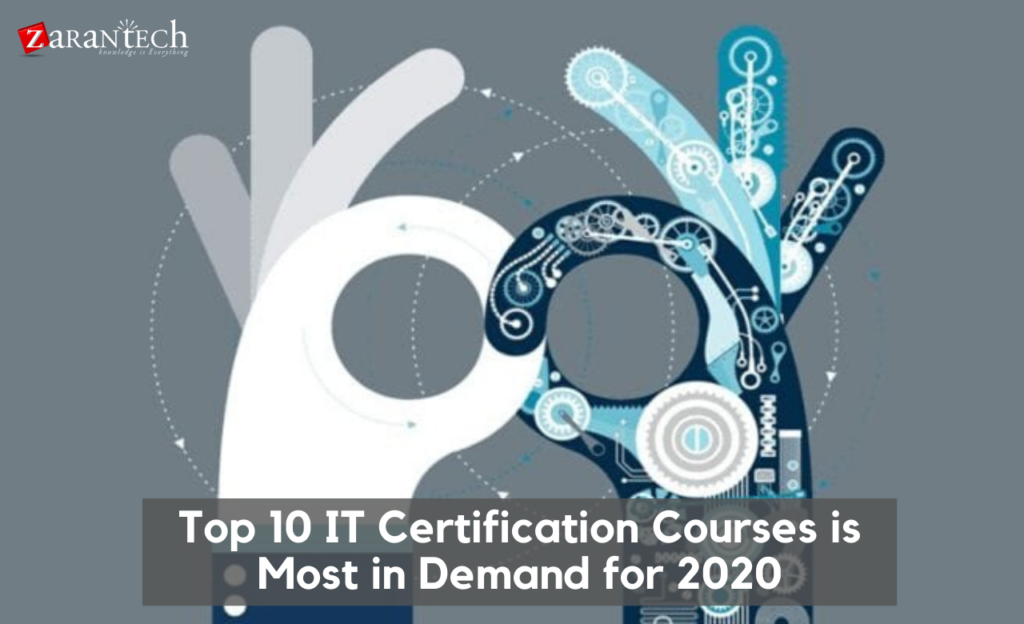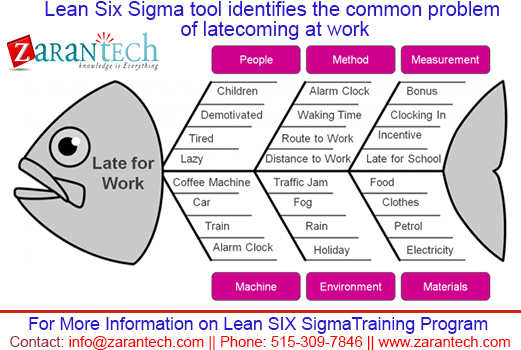Big Data and Education industry – Road less travelled
Category: General, Hadoop Posted:Nov 04, 2016 By: Alvera AntoIt’s quite amazing to see how technological and methodological advances with respect to Big Data have revolutionized various walks of life.
Engineering, science, technology, entertainment and business have gained a lot from Big Data applications. While training in Big Data will leap your growth, understanding of the unexplored industries is equally essential and education is one big industry!
Certain drawbacks in education sector have held the pace of dramatic Big Data application development and acceptance. First of all, the computational infrastructure that is required for Big Data applications is lacking in most of the cases.
Further, they are persistent to privacy, security and data safety concerns while collecting and analyzing student data.
Any misstep here or there and private details of hundreds, if not thousands, of students could be lying there in the open! Certain long term goals such as critical thinking, healthy civic life and employability also pose a serious concern.
There’s more than just the training in Big Data that you have pursued. There is a huge untapped potential to enhance research outcomes with diagnostic data. Besides that, data intensive research could give a tremendous boost to the higher education practice only if the data could be processed and understood a bit faster that it is being done today.
Big Data and Massively Open Online Courses (MOOCs)
An interesting definition was put forward by Doug Laney, an analyst with the META Group (now part of Gartner), in 2001, according to which Big Data could be described with a collection of ‘v’ words:
- Volume: The increasing size of data
- Velocity: The increasing rate at which data is being produced and analyzed
- Variety: The increasing range of sources, representations and formats
A course in Big Data and associated platforms commences from here. There is another ‘v’ that has been added to the list by some authors: veracity. The term happens to encompass the variety of data sources with differing quality where the accuracy and coverage of the data is significantly different.
MOOCs deserve a thorough mention in this discussion vis-à-vis Big Data and higher education.
MOOCs happen to represent the variety of ways in which data could be collected and utilized in learning environments. Some of the many ways in which data could be gathered include:
- Broad between learner data
- Individual learner experience
- Videos of problem solving in groups via video-conferencing
- A particular student collecting large volume of courses over several years
The contextual information available has an important bearing on the depth of the data along with its volume.
Student learning is massively improved with the use of Big Data in higher education:
- Adaptive learning significantly boosts the ability of a student to obtain complete control over the contents of a particular course
- Since there is a lot of help available for collaboration, addressing problem areas, and in-depth diagnosis, learning is improved by several notches as compared to tradition learning processes.
- Overall costs borne by students as well as institutions is reduced dramatically thanks to targeted innovations
- Learning and assessment are aided by gaming environments
Technical expertise with a penchant towards the market is the ruling trend. Thus, enrolling into a course in Big Data is a job half-done unless you understand the scope of the tool.
For Big Data Hadoop Training needs, visit:
http://www.zarantech.com/course-list/hadoop. Call 515-309-7846 or email [email protected]






 99999999 (Toll Free)
99999999 (Toll Free)  +91 9999999
+91 9999999